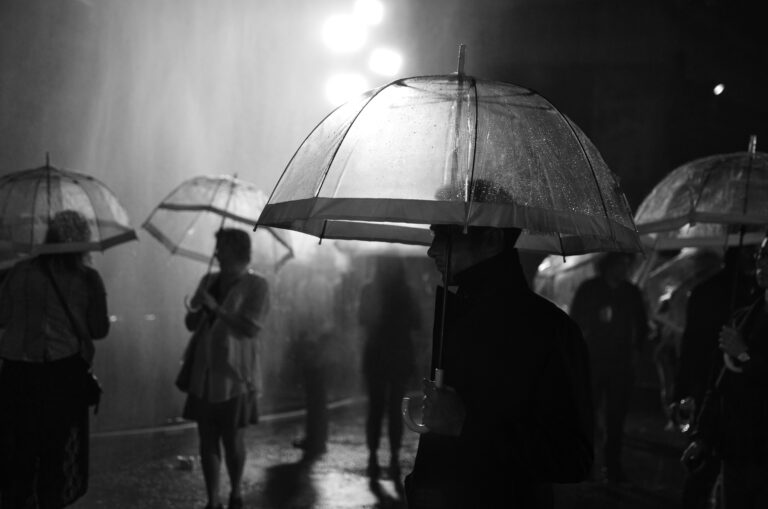Developing a strong "spidey-sense" is an invaluable asset for traveling into the less safe parts of the world. This mostly comes from confidence, experience and practice, but the good news is you've already started developing your wariness capacities, as every time you decide something isn't safe, or not to go down that dark alley, you're further developing your capacity to protect yourself.
Developing a strong "spidey-sense" is an invaluable asset for traveling into the less safe parts of the world. This mostly comes from confidence, experience and practice, but the good news is you've already started developing your wariness capacities, as every time you decide something isn't safe, or not to go down that dark alley, you're further developing your capacity to protect yourself.

Travel is your chance to forge on into the unknown…
You just need to believe in yourself.
And play it smart.
Confidence is key, and comes from having security in oneself and one’s environment.
Be assured of what you are doing but be ready for the unexpected!
Keeping one eye out it is a skill to develop as you make your own road.
Try to learn local languages, to at least basic communicative levels, but if you can’t do that, arm yourself with translation tools to help smooth your path.
Buy quality gear if you feel it provides you a better sense of security or makes your life significantly easier on the road then it’s worth it in the long run as it frees up the mind from innocuous obstacles.
Travel can be inherently risky, depending on where your going. It is important to research your destinations thoroughly and check official warnings prior to departure.
Get your vaccinations and wherever possible, avoid high risk areas.
Yet, don’t remove risks altogether!
The risks and adventure are a big part of what makes travel so interesting and memorable.
No one, tells the story of the time they stayed home at the hotel and watched TV, they talk about getting lost hiking in the mountains and finding their way out, or the time they got too tipsy and went home with the cute guy (who thankfully wasn’t a creep), or the time they went cliff diving with friends. All of theses stories have risks…
it’s your job to work out what your tolerance is for different types of risk…
HOW?!
Trust your instincts,
often your first one is the right one…
but whenever you’re unsure, ask for others’ opinions…
If no one is around to provide them, just make your best choice and be forgiving if it doesn’t turn out how you hope.
Challenge: Trust your gut
New research into the microbiome of the gut has found that the gut sends more signals to the brain than the brain does to the rest of the body so the phrase “Trust your gut” might not just be some old wives tale folklore after all.
As humans, we are incredibly good at rationalizing away almost anything, including real risks. That is your brain arguing with itself over what you want vs what makes sense.
Your gut on the other hand works on emotion and instinct.
When you travel you have to become fastidiously self-reliant. Your gut can be a great asset in helping you to do this.



